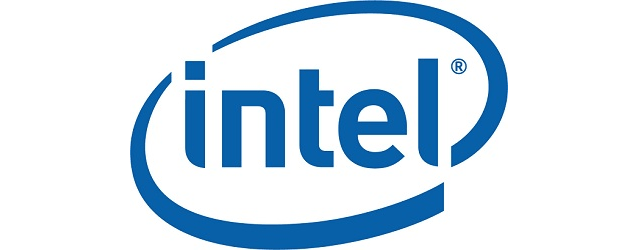Chip maker Intel Corp. is releasing a new line of data centre PCIe solid state drives which the company said could deliver up to six times the throughput of 6Gb/s SATA (serial advanced technology attachment) drives.
The three SSDs (P3500, P3600 and P3700) use non-volatile express (NVMe) technology to achieve performance gains over SATA SSDs and traditional hard disk drives (HHD). NVMe is a standardized interface for accessing SSDs through PCIe (peripheral component interconnect express) high speed serial bus in order to avoid the limitations of SATA.
The new SSDs will come in a small 2.5-inch form factor for hot swappable front panel serviceability and an add-in card form factor for broad compatibility with existing PCIe-based systems.
The drives will be offered in 400GB, 800GB,1.2TB (for the P3500 and 3600 only) and 1.6TB and 2TB versions. They will be available through Intel distributors and resellers at a starting manufacturer suggested retail price of US$560.
According to Intel one P3700 unit will deliver the same performance of six to eight SATA SSDs. Because the PCIe SSDs have a direct path to the CPU, they have a lower latency that devices connected through a host bust adapter (HBA). Direct attachment also cuts cost since companies don’t need to buy an HBA and pay for the power it consumes.
The average read/write latency of the three models is 20 microseconds.
A single SSD DC P3700 series will deliver the same performance of 6 to 8 SATA SSDs (which allows for a further reduction in power requirements).
PCIe with NVMe moves data and storage closer to the processor, eliminating significant hardware and storage protocol-related latencies and boosting the overall performance of a system, especially with intensive tasks such as virtualization, big data applications and high-performance computing, according to Intel.
Through NVMe-based PCIe, the new drives deliver up to 2.8GB per second read speeds, up to 1.9GB per second write speeds, and up to 460,000 input and outputs per second (IOPS). The combination provides exceptional performance for random and mixed IT workloads.
The new line works with the NVMe drivers provided across operating systems – including Windows and Linux – and with the latest Intel platforms, including the forthcoming server platform code-named Grantley.





